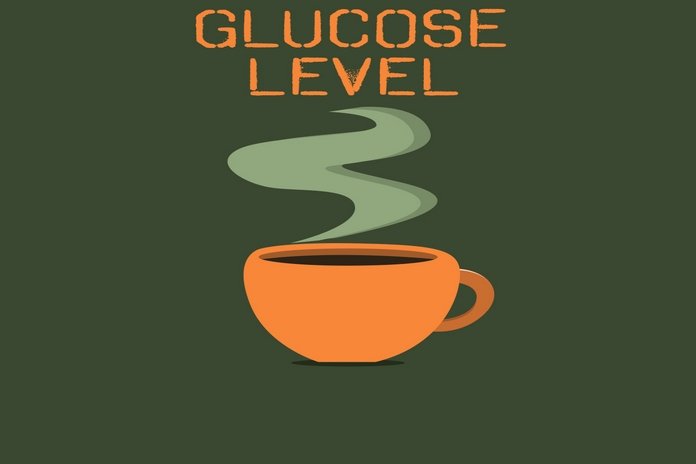Reactive Hypoglycemia definition

Reactive hypoglycemia or medically known as postprandial hypoglycemia is the condition in which there are low blood sugar levels after taking a meal, and it occurs after usually eating within four hours. Reactive hypoglycemia is different from the low blood glucose level hypoglycemia, which happens during the fasting condition. Some of the acute symptoms of reactive hypoglycemia involve pale skin, anxiety, hunger, sweating, lightheadedness, confusion, and shakiness. Suppose a person is using some blood-sugar-lowering drugs or insulin to treat the condition of diabetes mellitus, and the condition of reactive hypoglycemia occurs. In that case, it indicates that the dose of the medication needs adjustment.
The actual cause of hypoglycemia is not exact yet, but the symptoms of the condition indicate the association of the digestive system and the occurrence of reactive hypoglycemia. Some of the possible causes of reactive hypoglycemia include tumours in the digestive system, inherited metabolic disorders, certain medical surgeries like ulcer surgery or gastric bypass, and alcohol intake. A detailed medical evaluation is the best option to learn more about the symptoms of reactive hypoglycemia and the underlying cause of the condition. If a person is suffering from more severe symptoms of reactive hypoglycemia, then they might need some additional testing to have a proper diagnosis.
Medical treatment is usually not the requirement for treating reactive hypoglycemia. However, the treatment of the underlying medical condition is essential to treat the condition properly. The changes in dietary lifestyle often help in reducing the signs or symptoms of reactive hypoglycemia. by making appropriate changes in the composition of the meals, and the timing of taking meals helps in returning the blood sugar levels to the normal levels. Avoiding processed starchy foods and taking alcohol while eating is also helpful in avoiding the condition of reactive hypoglycemia.
Eating the meals in a balanced manner and including foods from every food group, especially eating lean or nonmeat sources of protein is very helpful in controlling and maintaining the blood glucose levels within the normal ranges. Try to replace the processed carbohydrates such as pieces of bread, muffins, pasta with whole grains. Eating various meals throughout the day and snacking in between the meals also helps in controlling the condition of reactive hypoglycemia.
